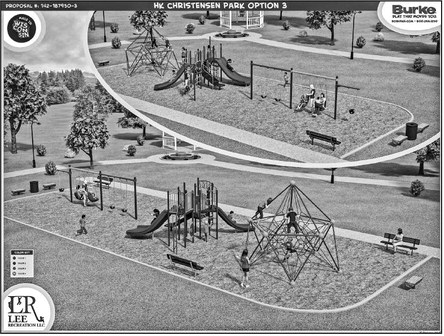I took a personality test and somehow failed…


As Mikaela was talking to her brother and sister-in-law about our upcoming trip to visit them in South Korea, her sister-in-law asked if we knew our Myers-Briggs personality type. For those unfamiliar, the Myers-Briggs Type Indicator (MBTI) is a test that categorizes individuals into 16 different “personality types.” Typically by asking questions or putting forth hypothetical situations and then asking you to select which side of the spectrum feels more like something you would do or like, the test then usually amalgamates all your answers to determine where you fit on the scale of four different categories: introverted or extroverted, sensing or intuition, thinking or feeling, and judging or perceiving. The combination of these four then gives you one of the 16 personality types.
Taking influence from psychiatrist Carl Jung’s work on personality, the test was constructed by the mother-daughter duo of Katharine Cook Briggs and Isabel Briggs Myers in the mid-1900s. In most scientific communities, it is often regarded as pseudoscience, with the selfreporting nature of the test and the logic behind its methodology and conclusions leading to vague, selffulfilling results. Ultimately, the difference in individual personalities is varied enough that trying to fit everyone into just 16 different categories is a task that is likely impossible, even with more rigorous scientific efforts.
Still, the tests have remained prevalent. By asking test-takers a series of questions about themselves and then providing significant information behind what their combination of traits means (often matching things that people think about themselves by being vague or overly positive), there is a sense of legitimacy for the more scientifically-minded that would perhaps dismiss a horoscope out of hand.
The reason we were asked if we knew our personality types was, I assume, because MBTI is extremely popular in South Korea right now. During the COVID-19 pandemic, it exploded onto the scene and quickly ingrained itself into Korean society. Celebrities and other public figures share their types in interviews, dating apps have been designed around MBTI and products like food or clothes are specifically marketed towards certain types. It has gone as far as some companies even asking individuals for their type during interviews, even citing a type-mismatch as a reason for why someone did not get a job.
Personally, that all seems like a bit much. I do think that the test gives a bit more insight into a person than something like a horoscope or similar astrology- esque systems, because it does paint a fairly general picture of how someone sees themselves in some fashion, but to rely on it so heavily is very interesting to me.
Humans love to categorize things, including themselves, in an attempt to make the complex simpler. However, overgeneralization causes oversights, and these oversights can be particularly damaging if not based in fact. While I think it can be a potential tool if not taken too seriously (I think it’s more useful than blood-type personality describers, for example, which was a prior fad in South Korea), deciding whether to be friends with someone or whether or not you should hire one person over another based on such a test is a step too far, I would say.
Still, I find the test a good bit of fun. I’ve taken different versions of it a number of times over the years and while I would not swear by any of the specific conclusions it draws, there are some more general ideas about personality and how we think about it that I think are interesting.
Just by its mere existence, I think MBTI points both to the curiosity we have in how the mind and our personalities work, as well as our want to categorize things and form tribes. You can see this in the quick rise in popularity in South Korea during the pandemic. When young individuals who were just starting to figure themselves out and crafting their identities, the normal means of interaction with other people were no longer available. Feeling isolated, it is easy to find connection to a group in something like MBTI, which gives people a feeling of belonging that even something like a sports team would struggle to do, because it supposedly connects you with others on a deeper level, on your personality.
I think it also can demonstrate that personality is not typically a rigid, set aspect. Like I said earlier, I’ve taken different versions of the test several times over the years and I have gotten different results. And while again, I hesitate to glean too much from the specifics of those results, I do think that it does somewhat represent where my own thoughts on myself were at the time. Was I confident in what I was doing, or even who I was? Was I working on trying to better myself, or stuck in the mud? What did I value more in myself at the time? It’s an interesting topic to contemplate and I think can give one better insight into yourself and how your perception of yourself can change over time and based on your circumstances. Your experiences have an effect on who you are, and while I don’t think an MBTI test can tell you exactly who that person is, I do think that they demonstrate that this change exists. Personality is flexible, both over time and based on situation.
We seek to understand, and this understanding often has to start with ourselves. That’s why these personality tests or horoscopes or palm readers have an appeal to so many. All the better if it wraps it all up in a neat little box that tells us all the good things that we’ve wanted to hear about ourselves. But we are more complicated than that, I think, and to rely solely on such sources is doing both others and yourself a disservice.
BY
A C ERTAIN POINT OF V IEW
NATHANIEL U NDERWOOD REPORTER





